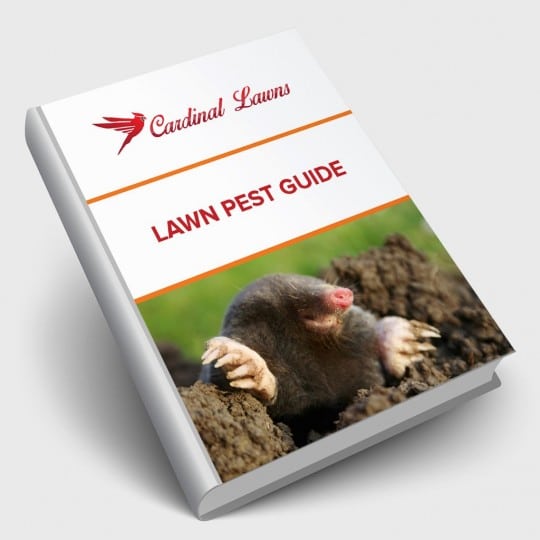Mosquito Control Methods to Fight West Nile and Zika
Posted
August 11, 2016

Mosquitoes suck. It’s not enough that their bites cause painful, itchy welts. The flying pests also can transmit a wide range of bacterial and viral diseases. Every year, mosquito-borne illnesses afflict some 700 million people, killing more than 1 million of them. We want to share a few facts about two nasty viruses, West Nile and Zika, and how you can help humanity win the battle against these diseases through stronger mosquito control.
What is West Nile Virus?
West Nile virus is transmitted by infected mosquitoes, which become infected after biting infected wild birds, the primary hosts of the virus. The disease was originally limited to birds and insects in Africa and Europe. But it has spread to people, horses, and other vertebrates. Researchers first identified it in the United States in 1999, in New York City. The first cases in Ohio emerged three years later. Today, the virus is well established in Ohio. We hear about cases every year. If the conditions are right, epidemics can flare up, most often in the summer and early fall.
Fortunately, most people infected with West Nile virus—about 8 in 10—experience no symptoms at all. Some have mild flu-like symptoms. But a few unlucky people, particularly elderly and immunocompromised individuals, get very sick. They can develop severe neurological illness such as brain inflammation (encephalitis). One in ten patients with these severe cases will die. The illness begins suddenly. Symptoms might include a fever, headache, neck stiffness, and/or vomiting. It progresses quickly to confusion, altered reflexes, convulsions, even coma. No vaccine and no specific treatment exist for the West Nile virus.
What is Zika?
Like West Nile, the Zika virus is primarily spread by mosquitoes. But unlike West Nile, which can be flown in on multiple types of mosquito, Zika is only spread by the Aedes aegypti mosquito.
The virus itself is relatively harmless, most of the time. But it can have grave consequences if transmitted to a pregnant woman. The virus can pass through the placenta and cause serious birth defects. Such defects include microcephaly (an abnormally small head and stunted brain development) and anthrogryposis (malformed joints), among other problems.
Cases of Zika have been reported in more 50 countries worldwide, including the United States. Local infections seem to be contained in Florida, as of now. But experts say the disease has the potential to travel west and north next spring. We want to do everything we can to keep these disease-carrying pests away.
Reducing Rates of West Nile and Zika Through Mosquito Control
By far, the best method to reduce the rates of infection with these viruses is through broad mosquito control. Communities, businesses and homeowners each play a role in reducing the breeding populations of mosquitoes. You can do your part by inspecting your lawn and landscape for standing water. This is where mosquitoes like to lay eggs. Dump out any standing water from toys, buckets, trash can lids, and baby pools. Get rid of old tires and sagging gutters, and clear away debris and piles of leaves. Consider adding plants to your garden that will attract songbirds and bats. Birds and bats both dine on mosquitoes (in fact, one bat can eat more than a thousand mosquitoes in an hour).
An Effective Mosquito Control Program Begins With Us
For a more thorough, lasting mosquito control treatment, hire a company to spray your lawn and landscape. Trust the experts at Cardinal Lawns. We are available to treat your property on a regular schedule. We use a product proven to virtually eliminate the mosquito population on your property.
To Learn More About Mosquito Control, Call Us!
For more information on our mosquito control program, or to learn about the various other lawn care services we offer for homeowners in Ohio, contact Cardinal Lawns today at 614-808-4446.

Download Your FREE Lawn Pest Guide
Pests become most prevalent during the heat and humidity of summer. Take some time to learn about the signs of infestations before any damage can be caused to your landscape. This handy guide will teach you how to spot common lawn pests and how to keep them from causing harm to you and your property.